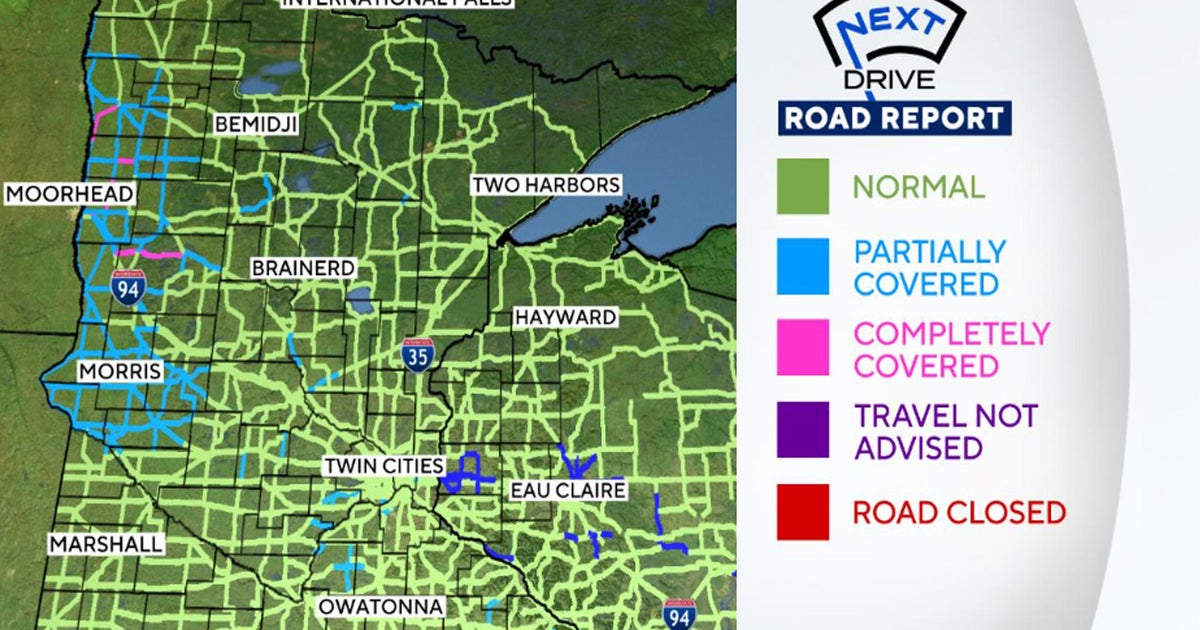Coronavirus In Minnesota: Can We Predict The State's COVID-19 Future?
MINNEAPOLIS (WCCO) -- As of Thursday, Minnesota has 89 confirmed cases of COVID-19 – that's just a small fraction of the more than 5200 confirmed cases in New York State.
"As you're watching this unfold in places like New York, they are estimated to be about eight days ahead of us, where they might be eight to ten in Seattle and San Francisco," said Governor Tim Walz on Wednesday,
So, what does that mean for Minnesota? Good Question.
"I don't want to predict," said Kris Ehresmann, director of infectious diseases at the Minnesota Department of Health. "I can assure you we're going to see many more cases in the days ahead."
There are several differences between Minnesota and New York. The Empire State has almost 20M people living there, while the Land of 10,000 Lakes has about 5.5M.
New York City's population is also much more dense. As of Thursday, New York had tested almost 15,000 people for the novel coronavirus, while Minnesota's public lab has tested slightly more than 3,000.
"In reality, Minnesota is very different from New York, so not everything that's happening in that state or location is necessarily going to happen here, but basically, the important message is we can learn from other states' experiences," said Ehresmann.
For example, Minnesota can see how well sheltering-in-place is working in the San Francisco area or how requiring companies to keep 75% of its employees home is working in New York. Minnesota hasn't made changes like that yet, but Governor Walz hasn't ruled them out.
"We will be next Thursday, will look very different than it does right now," Governor Walz said on Wednesday.
New York's first confirmed case of COVID-19 was March 1st and its first death was on March 13th. Minnesota's first confirmed case was March 6th and Minnesota has not reported any deaths from COVID-19.
Ehresmann said Minnesota's later start to this coronavirus gave the state more time to prepare for what might come.
"That could mean more hospitalizations, illnesses," she said. "Those are things we don't know, but those are things we're planning for."



